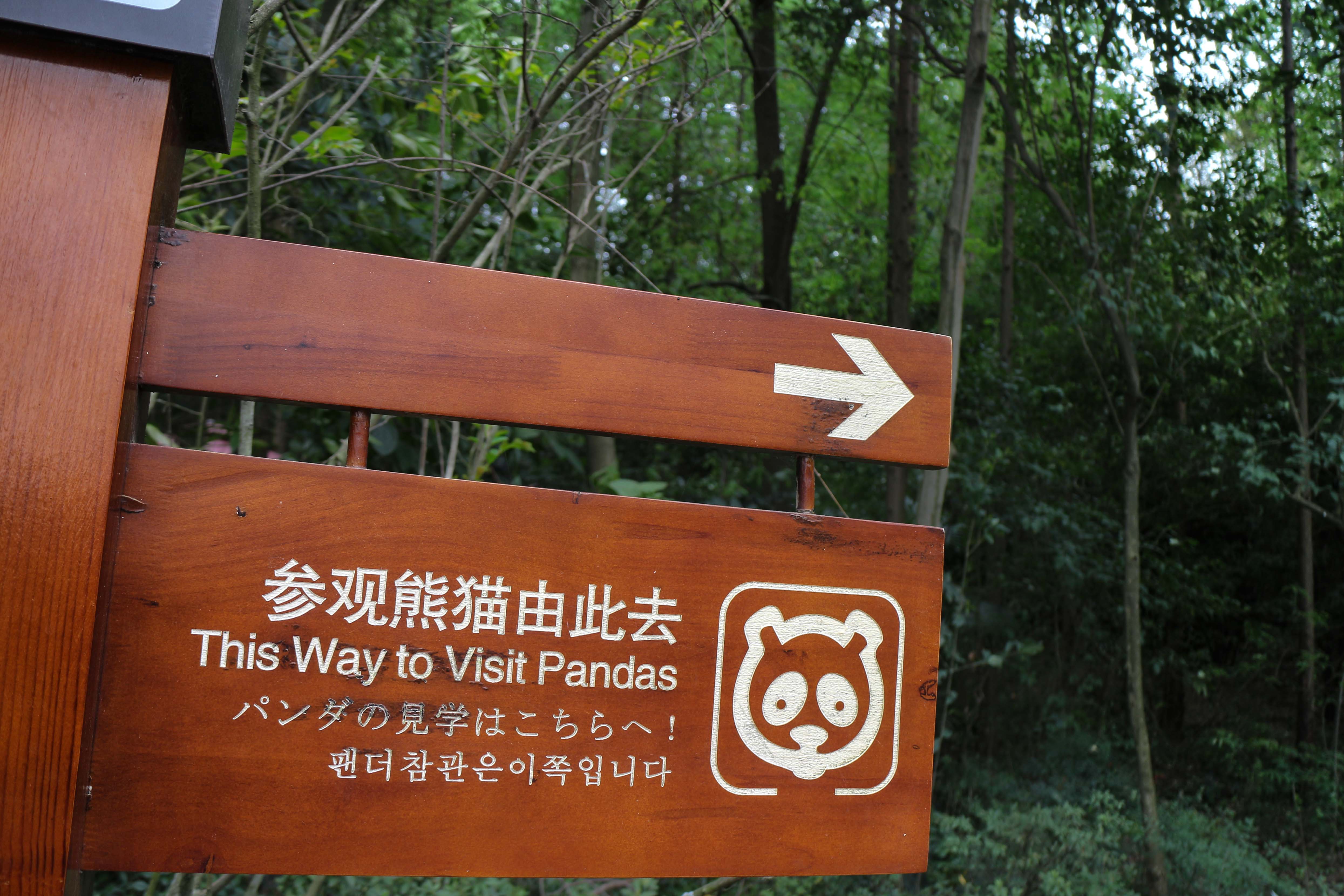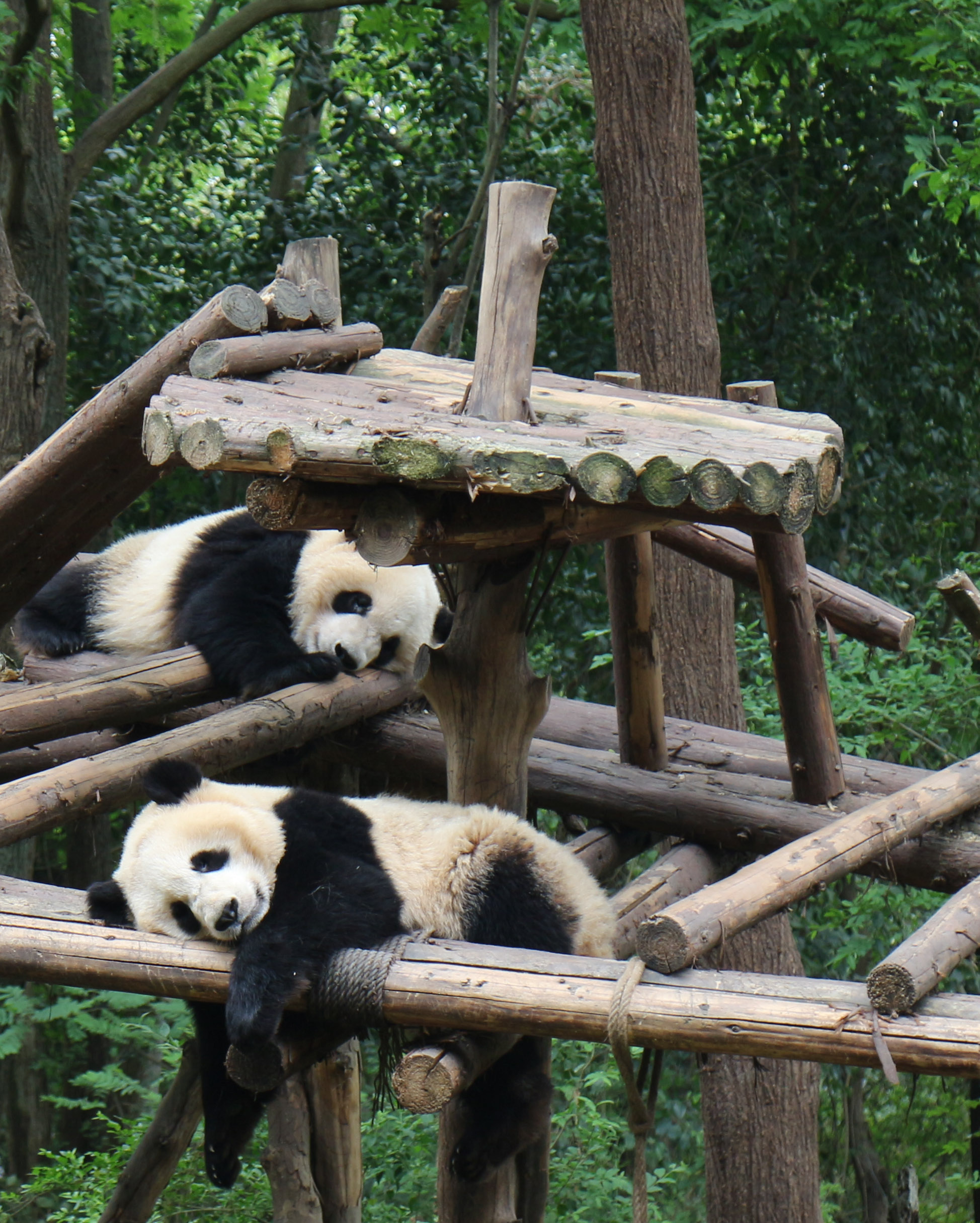Giant pandas and I go way back; or at least my one-sided love for them does. ‘Panda’ was my fated companion from birth through childhood. He was a soft toy about the size of a one-year-old cub, gifted by my dad to my mum whilst they were still dating. After I was born, he soon migrated to my room. Nightly, I’d fall asleep curled up around him, and untangle myself only the next morning.
So I couldn’t go to China without fitting in some giant panda time, and as Chengdu is China’s undisputed panda capital, I hopped on a train to the city without batting an eyelid. I wanted to feast my eyes on fluffy, monochromatic adorableness. I didn’t need more reason to visit than this, but whilst I was at the Chengdu Research Base of Giant Panda Breeding, I learned that pandas are fascinating for a host of other reasons. These are my top five.
1. Pandas could be the default vegetarian mascot
A panda’s diet is almost exclusively bamboo, but its digestive system is carnivorous. Pandas don’t have the complex stomachs typically associated with plant-eating, like animals such as cows and rabbits, so they don’t get much nutritional value from the bamboo. To meet their daily energy requirements, pandas need to munch through 12-38kg of the plant per day! This makes them very dedicated anti-meat eaters, and their daily life is mainly eating and then sleeping, to hold on to their energy reserves as long as possible.
It’s not certain why pandas evolved to solely eat bamboo, but the prevailing thought is that environmental changes killed off most of their typical prey, millions of years ago. To survive, the only choice available was to turn to the plentiful bamboo around them. Rather like getting stranded on a desert island and having to survive on coconuts.
Coupled with this environmental change, researchers reading pandas’ genetic code recently discovered that they lost the ability to taste meat and savoury flavours (also known as umami) about 4.2 million years ago. The jury’s still out on which came first – whether the gene to taste umami was eventually lost as it was no longer needed, or whether pandas lost the ability to taste umami before switching to bamboo. But the loss of the gene does mean that pandas didn’t switch back to eating meat when it became more plentiful, even though meat-eating would allow them to reach their calorie requirements more easily. Ironically, due to deforestation, this loyalty to bamboo is one of the factors that led to them being an endangered species.

